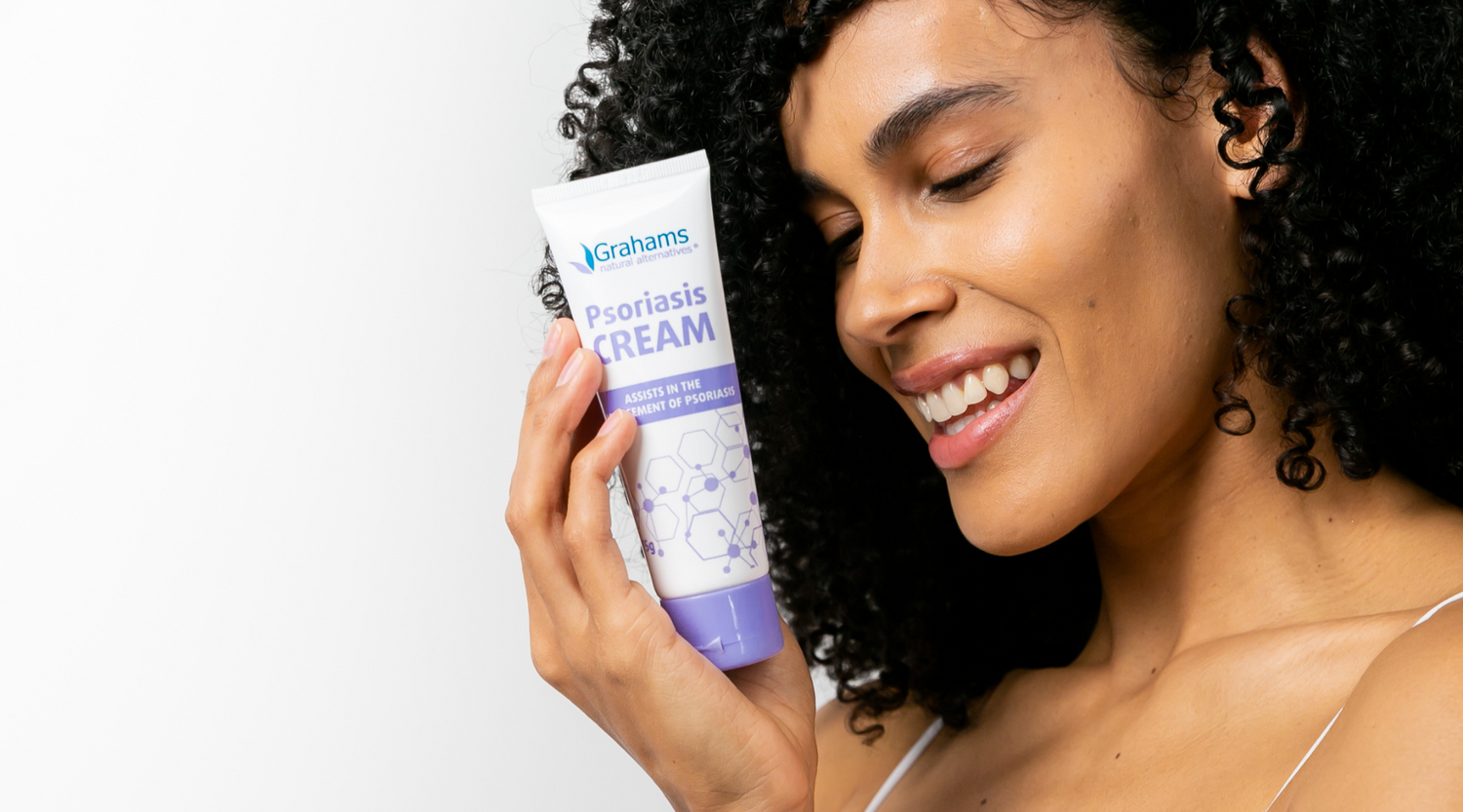Tips for transitioning your skincare routine this Spring!
Those who suffer with eczema often experience changes in their skin during different seasons, including spring. The change in season's can affect the skin's moisture levels and lead to flare-ups of eczema symptoms. To manage eczema during spring, it's important to adapt your skincare routine, using some of the tips we've given below!
What effects do changing seasons have on sensitive skin?
Increased humidity: Spring can bring an increase in humidity, which can be helpful for eczema-prone skin. Dry air can exacerbate eczema symptoms, so the moisture in the air can help keep skin hydrated.
Allergens: Spring is also known for its high pollen counts, which can trigger allergies and worsen eczema symptoms for some people.
UV radiation: With the warmer weather, people tend to spend more time outside in the sun. This can be problematic for sensitive skin as UV radiation can trigger eczema flares.
Changing temperatures: Spring weather can be unpredictable, with changing temperatures from day to day. These temperature changes can cause skin to become dry and irritated.
Overall, it's important to be mindful of the changes in the environment during spring and take steps to protect sensitive skin.
Tips for how to transition your skin from Winter to Spring!
Keep your skin moisturized: Spring can be a dry season, so make sure you're keeping your skin hydrated by applying a moisturizer that's designed for sensitive skin. Look for products that are free of fragrances, alcohol, and other irritants. In the cooler months you may have used a thicker cream such as our C+ Eczema & Dermatitis Cream to combat dryness. However, some will find they can reach for a lighter formula once the weather starts to warm up. We recommend the Eczema Gel - a lighter, non-greasy eczema treatment, packed with hydrating ingredients!
Avoid harsh ingredients: Steer clear of harsh ingredients like alcohol, sulfates, and fragrances. These can strip your skin of its natural oils and exacerbate eczema symptoms. Use products such as the Grahams Natural Intensive Therapy Body Wash in your shower routine!
Protect your skin from the sun: UV rays can trigger eczema flare-ups, so it's important to protect your skin from the sun. Wear protective clothing and a broad-spectrum sunscreen with an SPF of at least 30. We recommend wearing Grahams Natural Sunclear Sunscreen everyday. It is a protective SPF40+ sunscreen that provides broad spectrum without feeling sticky of leaving a white cast.
Take lukewarm showers: Hot water can dry out your skin and make eczema symptoms worse. Stick to lukewarm water when you're taking showers or baths. We recommend incorporating the Grahams Natural Body & Bath Oil into your shower routine to act as a protective barrier for the skin!
Be gentle when cleansing: Use a gentle cleanser that's designed for sensitive skin, and be sure to pat your skin dry with a soft towel instead of rubbing. A gentle cleanser such as the Grahams Natural Foaming Facial Cleanser.
Stay hydrated: Drinking plenty of water can help keep your skin hydrated from the inside out! Also including an omega supplement into your diet, such as the Grahams Natural Mega Oil will assist in treating the skin from the inside out!
Avoid triggers: If you know certain triggers that worsen your eczema, such as certain fabrics or foods, try to avoid them as much as possible.
Swimming: Sea water is a great natural remedy for eczema, so a dip in the ocean can be a good thing. However, be cautious of swimming in chlorinated pools, as this can trigger flare-ups! If you do, make sure you rinse off with fresh water, as this will help prevent the skin from drying out and causing further irritation.
In conclusion, it is always recommended to consult your local GP when choosing an appropriate skin regime for your skin condition. With the help of your GP and Grahams Natural, you can help smooth the transition between season changes and manage symptoms easily and effectively.





